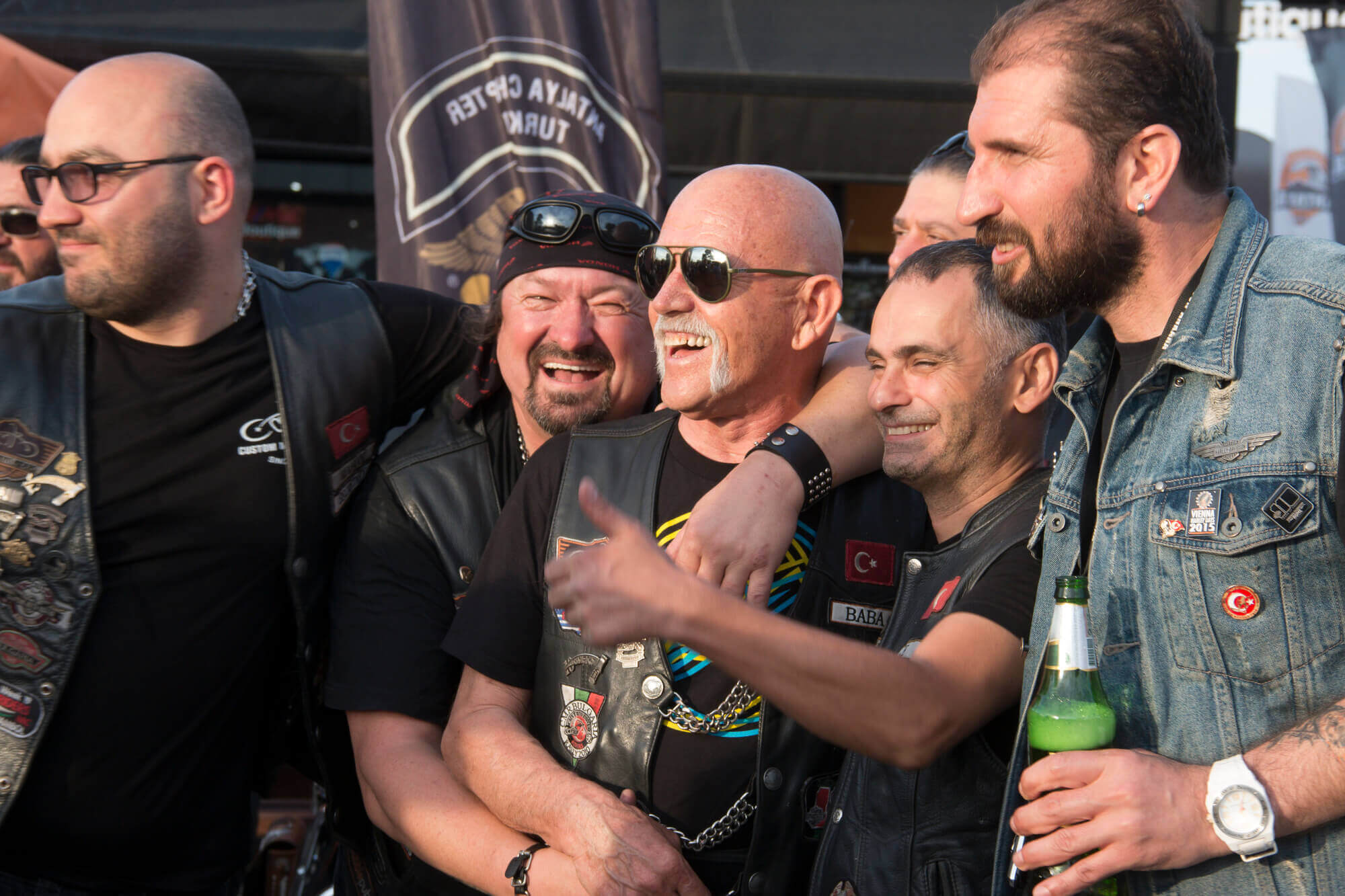The brand we all know left everyone speechless when it released a series of electric bikes that went against all of the values it once represented. Are we witnessing a marketing marvel or the beginning of a sad sunset for Harley Davidson?
Freedom. A wide road across an endless desert somewhere at the ends of the earth. A half-black helmet on your head left open partly for safety, but more for style. Wind on your face. No plans, no direction, just your hands on the throttle and the soothing rumbling of the beast beneath you.
Cut! Fast forward to the big motorcycle exhibition in Milano, November 2018. Everyone is showing off monstrous bikes that highlight size, muscles, power – and then Harley Davidson comes up to the podium and your jaw drops. All the core characteristics of this brand that had been engraved in all our hearts over the last several decades – tough, noisy, rugged, heavy – disappeared as if they had never existed. Instead, Harley was showing off a series of light, efficient and cost-effective electric bikes – the complete antithesis of everything we know the brand represents.
But why does this look like such a crazy move? Marketing facelifts and rebranding have been considered a standard in marketing for decades. But Harley is the exception to this rule.

Managing communities before it was cool
Harley has always been one of the strongest brands in the world, standing behind a countless number of genius and revolutionary campaigns. While its main audience is located in the United States, there’s no child in the world who doesn’t know the name Harley or the clear values it represents. In the case of Harley, these values aren’t marketing slogans, but a breathing reality, an identity and the face of the brand. Now it’s suddenly trying to change all that.
You recognize a Harley approaching just from the sound, a noise that tells you about the person driving it and his perspective on life. The question whether or not its audience will recognize (and like) its approach now is not a simple one.
But the strength of the brand is the least of its problems. Over the years, the company has based a large part of its success on building a community way before it was a mainstream thing to do, and this is now in doubt.
Wanted: A bike and a new identity
For millions of Harley fans around the world and a countless number of biker communities spread out across the U.S. and the world, the noise, the weight, the rebellion and the rejection of conformism is a way of life around which their entire identity is built and creates a bond between them. A tattoo of the brand is a sort of blood pact for them – a code that represents these shared values. Some might even call it a kind of religion. Think about it: how many people do you know with tattoos of the Walgreens logo? Now think what happens if its entire appearance changed. We can suppose that they are on the edge of a significant identity crisis – a kind of apocalypse, as if your priest or rabbi renounced his religion. What, now they walk into bars together and share a beer like normal people with no jokes at all? Will people be forgiving of the brand? Only time will tell.
Desperate times call for desperate measures
This move is likely to be understood by many as a final act of desperation after years during which the company has been fighting to survive in a world that’s slowly moving towards concern for the environment, efficiency and social responsibility. But don’t be mistaken, a lot of thought has no doubt gone into this decision. They could have created more efficient, quieter and even lighter bikes that would be more appropriate for the current age and announced it in a more refined way in a less public setting. They could have also established a younger brand as Harley’s daughter company to present the new bikes. They weren’t lacking for alternatives, but it looks as if the people at Harley purposefully did everything in their power to make the announcement big and dramatic. As proof, even the design of the bike, which looks urban, completely domesticated and much less rebellious and spiritual, makes you wonder if it’s better to give up on the vajras and buy a Prius.
The bottom line
So what do you think? Will Harley take us into the future or will it be resigned to the pages of history like so many other brands that weren’t able to evolve and keep up with the times? Is this a genius move or marketing suicide? In light of the fact that the entire story of the company began with a revolutionary act that was considered a mistake at the time and is now thought of as an act of genius, we’ll give them the benefit of the doubt for now.
Whether it’s successful or not, only time will tell. What can definitely be said is that the people running Harley have a lot of guts. That’s one thing at least that definitely falls in line with the spirit of the brand.